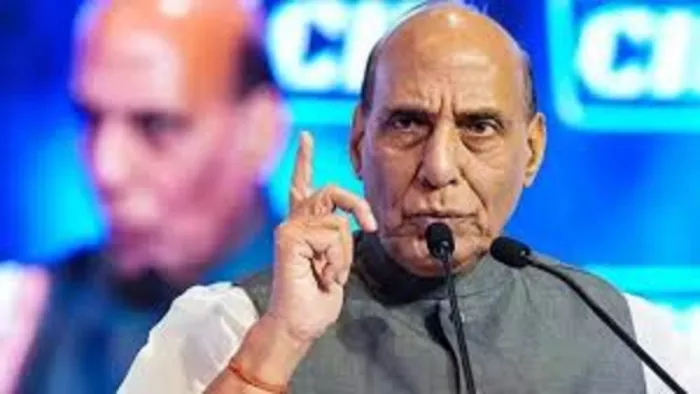The conviction rate for crimes in the nation remains alarmingly low. Data from the National Crime Records Bureau (NCRB) reveals that in cases of rape, four out of five accused individuals are acquitted. Experts attribute this troubling trend primarily to the inadequate quality of police investigations, coupled with the tendency of witnesses to retract their statements. However, the introduction of new criminal laws is anticipated to enhance the situation by mandating the recording of testimonies.
Mala Dixit, New Delhi. When a crime occurs, victims often file a First Information Report (FIR) with the expectation that justice will be served and the perpetrator will be held accountable. Yet, statistics from the NCRB paint a grim picture of the conviction landscape across the country. The data indicates that in rape cases, four out of five suspects are found not guilty, while only one-third of murder cases lead to a conviction, and five out of six individuals accused in riot-related incidents are acquitted.
Experts point to several underlying factors contributing to this dismal conviction rate, notably the subpar quality of police investigations and the reluctance of witnesses to stand firm in court. The lengthy duration from the initial investigation to the trial often spans several years, and when cases finally reach court, the prosecution frequently falters in establishing a solid case against the accused, resulting in acquittals.
Former director Prajikuson BS June expressed concern over the current disheartening trend, citing multiple reasons for the low conviction rates and the high number of acquittals. Key issues include inadequate investigations, intimidation of witnesses, and significant delays in the judicial process. He emphasizes that when police investigations lack thoroughness and fail to adhere to scientific methodologies, securing convictions becomes increasingly challenging.
Moreover, witnesses retracting their statements is a common occurrence. To combat this issue, it is crucial to implement measures that ensure witness protection, enabling them to testify without fear of retribution. The protracted nature of the justice system also plays a role; often, defendants strategically delay the prosecution’s presentation of evidence, which can lead to the dismissal of charges.
The dilemma surrounding witnesses is a significant factor in the acquittal rates of accused individuals. Purnima highlights that in cases of rape, particularly when the assailant is someone known to the victim, the retraction of testimony occurs in as many as 60 to 80 percent of instances. When victims withdraw their statements, the case collapses, and in the remaining 20 percent of cases, investigative flaws often come to light. For instance, in rape cases, the samples sent to forensic labs may not follow the correct scientific protocols.
The issue of witness retraction is not limited to rape cases; it is prevalent across various types of criminal cases. Frequently, if a settlement is reached outside of court, the complainant may choose to withdraw their testimony, resulting in the acquittal of the accused. Nonetheless, Purnima defends the police efforts, asserting that law enforcement agencies strive diligently to conduct thorough investigations and build strong cases for prosecution.
There is a shared belief that the full implementation of new criminal laws will lead to significant improvements in the current situation, particularly as the new regulations mandate the recording of witness testimonies, which will make it more difficult for them to retract their statements.
Former Director General of Police Prakash Singh suggests that separating police functions from the prosecution system may be necessary to address the low conviction rates. He argues that the responsibility for securing convictions lies primarily with the prosecution. The decision to separate these two entities was made under the premise that it would enhance the effectiveness and independence of prosecutors, but Singh contends that this change may have inadvertently hindered the judicial process.
BS June emphasizes that accountability must be instilled at every level of the criminal justice system to improve conviction rates. Meanwhile, Purnima remains optimistic, asserting that once the new criminal laws are fully enacted, the rate of convictions is likely to see a marked improvement due to the establishment of clear timelines from the investigation phase to the trial.














